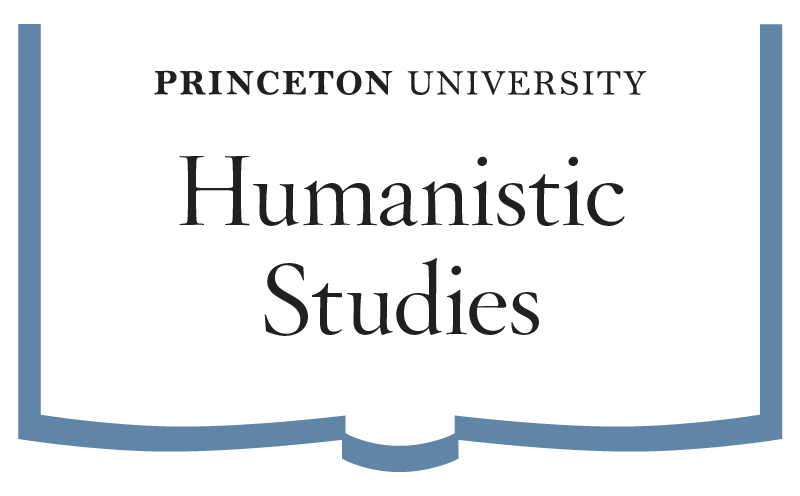William Gleason specializes in American literature and culture. His research and teaching interests range from the 18th century to the present, with particular emphasis on the late 19th/early 20th century, and include American Studies, African American and multi-ethnic U.S. literatures, material culture, popular culture, children’s literature, architecture, literature and environment, popular romance, and leisure.
Gleason is the author of The Leisure Ethic: Work and Play in American Literature, 1840-1940 (Stanford University Press, 1999) and Sites Unseen: Architecture, Race, and American Literature (New York University Press, 2011), which was named a runner-up for the 2012 John Hope Franklin Publication Prize in American Studies. He is also the co-editor of three volumes: The Pocket Instructor: Literature, with Diana Fuss (Princeton University Press, 2015), Keywords for Environmental Studies, with Joni Adamson and David N. Pellow (New York University Press, 2016), and Romance Fiction and American Culture, with Eric Murphy Selinger (Ashgate, 2016). Gleason has also published essays on such writers as Henry David Thoreau, Frederick Douglass, T. S. Arthur, Hannah Crafts, Charles Chesnutt, Edgar Rice Burroughs, Edith Wharton, Thomas Pynchon, Louise Erdrich, Charles Johnson, Mat Johnson, and Jennifer Crusie.
He teaches courses on American literary history, popular literature, children’s literature, place and environment, and sport and society. Recent graduate seminars include “19th Century American Women Writers,” “The Rise of the Popular, 1790-1900,” “Archives of 19th-Century American Childhood,” and the English Department’s graduate seminar on pedagogy. In 2006, Gleason received the President’s Award for Distinguished Teaching and the McGraw Center Graduate Mentoring Award.













